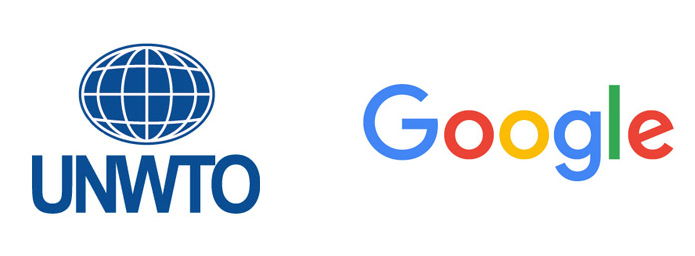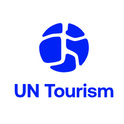UNWTO And Google Partner To Guide Restart Of African Tourism
The World Tourism Organization (UNWTO) continues to advance its commitment to the African tourism sector by partnering with Google to help destinations gain expert insights into data management and digital marketing.

In a special capacity building event, researchers and marketing professionals from 20 African National Tourism Organizations (NTOs) benefitted from two days of training on themes designed to help them attract visitors and better manage their tourism sectors. As well as insights into data collection, analysis and management, the regional course also focused on digital marketing, with a particular emphasis on how digital content and storytelling can be powerful tools for restarting tourism and supporting recovery in the wake of the pandemic.
To put theory into practice, participants were able to learn more about UNWTO's tools to provide market insights and to support recovery, including the UNWTO Recovery Tracker and its trusted dashboards. Alongside this, the NTOs were also shown how Google's Insights Tools can help guide sustainable recovery.
UNWTO Secretary-General Zurab Pololikashvili said: "The UNWTO Agenda for Africa aims to harness the power of tourism to drive sustainable development across Africa. By partnering with Google, we are ensuring our Member States are able to use data insights and digital marketing to recover from the current crisis, restart their tourism sectors and grow back smarter and better."
Google's Global Destination Marketing Partner Iva Kutle Skrlec added: "As part of our strong commitment to the tourism sector recovery, we are proud to launch this one of a kind digital curriculum designed specifically for Destination Marketing Organizations (DMOs), and to do so in Africa for the first time, acknowledging the needs of the region during this pandemic. We are confident that the curriculum will provide tourism organizations with tools and skills to navigate the fast changing environment and expedite industry transformation."
This capacity building event forms part of the wider partnership between UNWTO and Google. The two organizations are cooperating closely on matters of mutual interest in order to achieve common objectives, which include data, market research on consumer trends and forecasting, innovation, education and digital transformation, as well as capacity building.
About UN Tourism
The World Tourism Organization (UN Tourism), a United Nations specialised agency, is the leading international organisation with the decisive and central role in promoting the development of responsible, sustainable and universally accessible tourism. It serves as a global forum for tourism policy issues and a practical source of tourism know-how. Its membership includes 166 countries, 6 territories, 2 permanent observers and over 500 Affiliate Members from the private sector.
Media enquires: [email protected]
UN Tourism Communications Department
+34 91 567 8100
UN Tourism
